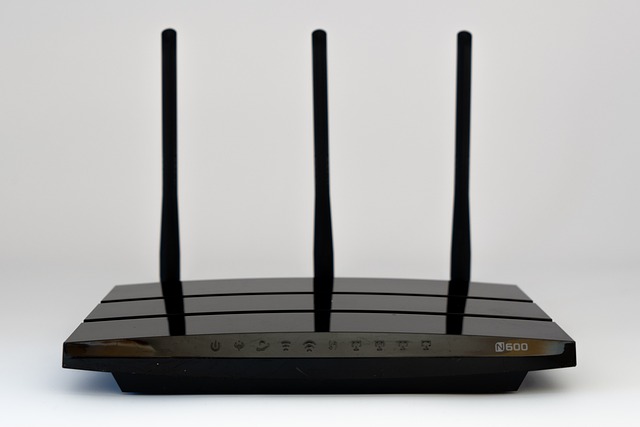Connecting Minds: Enhancing Online Education through Knowledge Building
In today’s digital era, online education has emerged as a transformative force, reshaping how we learn and connect. As educators and learners alike adapt to this new landscape, one key element stands out: online communication. The way we engage with each other online plays a pivotal role in enhancing our educational experiences and establishing strong knowledge-building frameworks.
Online education offers unparalleled flexibility, allowing learners to access high-quality resources from anywhere in the world. However, this flexibility also introduces unique challenges. One of the most pressing issues is fostering effective online communication among participants. In a traditional classroom setting, spontaneous discussions and immediate feedback are natural, but in a virtual environment, these interactions require deliberate effort and innovative approaches.
To truly enhance online education, we must prioritize knowledge building through active engagement and collaboration. This can be achieved by employing various online communication tools that encourage interaction among students and instructors. For instance, webinars are an excellent platform for real-time discussions. They facilitate not only lectures but also interactive Q&A sessions where participants can share their thoughts and experiences, thereby enriching the collective knowledge base.
Moreover, online forums and discussion boards serve as valuable spaces for ongoing dialogue. These platforms enable learners to ask questions, share resources, and collaborate on projects outside scheduled class times. By utilizing such asynchronous communication methods, educators can create a sense of community, making students feel more connected to one another and to the learning process itself.
Incorporating video conferencing tools is another effective strategy. Virtual face-to-face meetings allow for a level of personal connection that text-based communication often lacks. When students can see and hear each other, they are more likely to engage in thoughtful discourse, leading to deeper understanding and knowledge construction.
Furthermore, the use of collaborative tools like Google Docs or Padlet can significantly enhance group projects, allowing team members to contribute in real time. This form of active collaboration reinforces learning while building essential skills like teamwork and communication—skills that are fundamental in today’s workforce.
As we navigate the landscape of online education, it is crucial to remember that knowledge building is not just the responsibility of the instructors; it requires active participation from all learners. By cultivating an environment where online communication thrives, we empower each individual to take charge of their learning journey, contributing to a richer academic experience.
By prioritizing effective online communication and fostering a collaborative spirit, we can transform our approach to online education. It’s about more than just sharing information; it’s about connecting minds, inspiring creativity, and building a robust community of learners, even from a distance.




